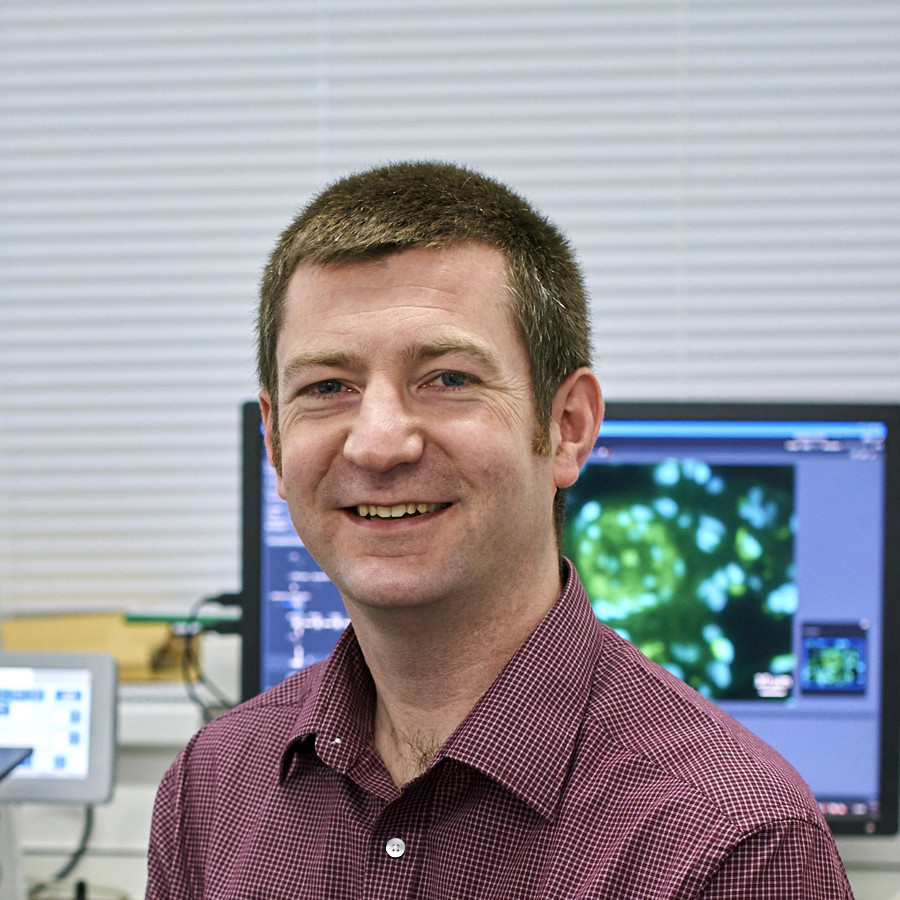
Starter Grants for Clinical Lecturers awardee
University of Sheffield
Modulation of host responses to infection by hypoxia
To celebrate the 10 year anniversary of the Starter Grants for Clinical Lecturers scheme we are pleased to feature case studies of past and present Starter Grant awardees. Dr Roger Thompson was awarded a Starter Grant for Clinical Lecturers in 2014. Here he explains how the award allowed him to gather pilot data that supported his applications for further funding. He also outlines the main achievements of his research career so far and what’s next for his research.
Can you give us an overview of your research interests?
A research expedition to Bolivia investigating how low oxygen levels cause altitude illnesses triggered my interest in research. Training as a respiratory physician, I began asking how low oxygen levels modify human inflammatory responses in the setting of chronic respiratory disease and this became the theme of my work. As my clinical career evolved, I developed a specialist interest in pulmonary vascular disease and transitioned my research work into this area, using my background in pulmonary inflammation and hypoxia to provide new perspectives on diseases such as pulmonary arterial hypertension.
What was the impact of your Starter Grant?
Using the Starter Grant I built on preliminary data obtained during my PhD. These findings, published in Science Immunology, highlighted an important interaction between hypoxia and immune responses that could be manipulated to help treat bacterial infection. The grant financed work that led to a second output from my PhD and this combined with support from my institution allowed me to gather pilot data that were used in successful applications for a BHF-Fulbright Scholarship to Stanford and my forthcoming BHF Intermediate Clinical Fellowship.
The biggest impact on my career development has been the mentoring scheme to which I gained access through my Starter Grant. My Academy mentor gave me impartial and candid advice at a crossroads in my career, encouraging me to pursue the research about which I was most passionate, as well as supporting my applications for fellowships and recommending taking opportunities to travel abroad to develop skills and broaden my research experience.
What skills does a researcher of the future need?
Rather than a particular skill, a researcher needs to have passion for what they are working on and enthusiasm to bring in new ideas. With the continuous development of new technologies and increasing use of big data methodologies, being keen to learn and to collaborate is also vital.
What’s next for you and your research?
As hypoxia and inflammation both strongly impact upon vascular responses, I have begun to focus my research work on pulmonary vascular remodelling. This transition aligns my future research with my clinical interest in pulmonary arterial hypertension, a devastating disease that leads to right heart failure and premature death.
Research highlights
- Poster prize at 2016 Annual Association of Physicians meeting
- BHF-Fulbright Scholarship to visit Stanford University in 2017
- Publication of Starter Grant work in Science Immunology in 2017
- BHF Intermediate Clinical Fellowship in 2018